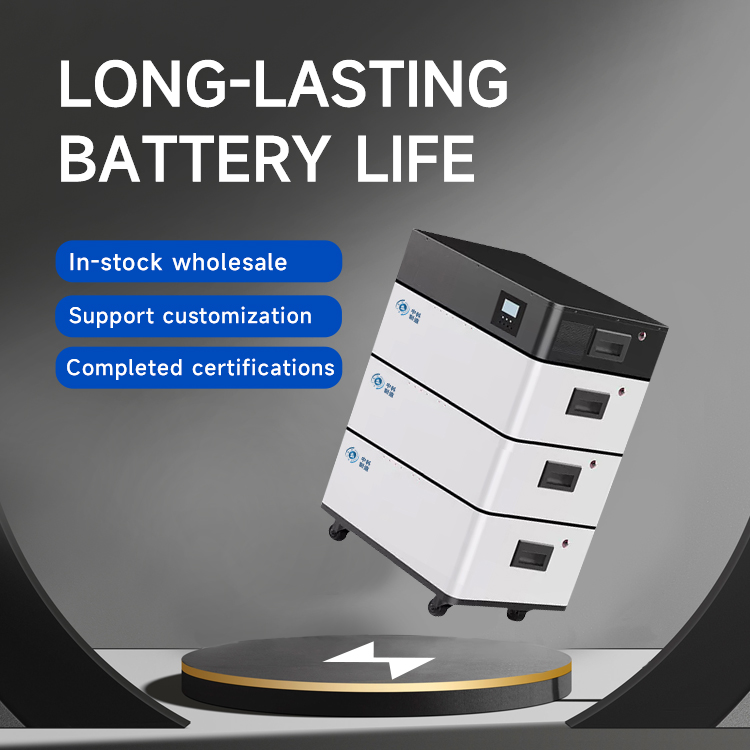Time:2024.12.31Browse:0

1. Selection of electric core
First, the selection of cells with different material systems will affect the price of lithium batteries. According to the different cathode materials, lithium batteries can have cores made of lithium manganate (3.6V), lithium cobalate (3.7V/3.8V), lithium nickel cobalt manganate (commonly known as ternary, 3.6V), lithium iron phosphate (3.2V), lithium titanate (2.3V/2.4V) and other material systems. The voltage platform, safety factor, cycle times, energy density ratio, working temperature, etc. of the cores made of different material systems are different.
Second, the prices of different brands of cell will also vary greatly. The overall price gradient can be divided into: special cell (including ultra-low temperature, ultra-high temperature, ultra-high magnification, and profiled cell), Japanese cell (Panasonic, Sanyo, Sony), Korean cell (Samsung, LG), domestic cell (domestic cell can be divided into first tier (Lishen, Bike, BYD, ATL), second tier, or even five tier, six tier), and cell with the same material system but different brands, The price difference will also be very large, and the quality (safety, consistency, stability) of each brand of battery cell that emerges from the survival of the fittest in the market is basically proportional to the price.
2. Demand and Design of Lithium Battery PCM
PCM design can be divided into: basic protection, communication, BMS
Basic protection: basic protection includes overcharge, over discharge, overcurrent and short circuit protection, and over temperature protection can be added according to product requirements
Communication: The communication protocol can be divided into I2C, RS485, RS232, CANBUS, HDQ, SMBUS, etc. There is also a simple electricity display, which can be indicated by a power meter and LED.
BMS: BMS is the combination of the first letter of BATTERYMANAGEMENTSYSTEM. It is called the battery management system, commonly known as the battery nanny or battery butler. It is mainly used for intelligent management and maintenance of each battery cell, to prevent overcharge and overdischarge of the battery, to extend the service life of the battery, and to monitor the status of the battery. Its main functions include: real-time monitoring of battery physical parameters; Battery state estimation; Online diagnosis and early warning; Charge, discharge and pre charge control; Balance management and thermal management, etc. The secondary system is mostly used in electric vehicle batteries.
Read recommendations:
602030 300mAh 3.7V
Check and deal with battery failure.1.5V rechargeable battery
Lithium-ion Batteries with Ternary Materials
solar power energy storage battery Manufacturing
r03 battery